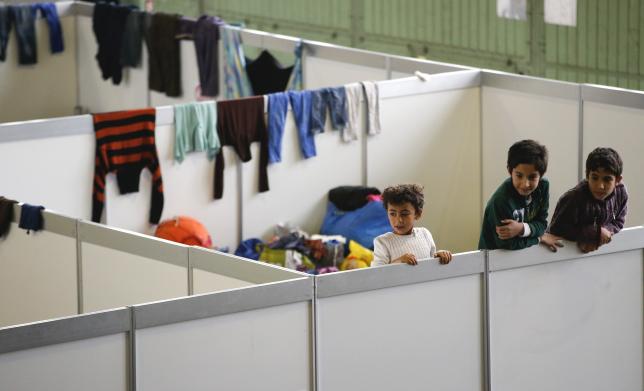European integration going into reverse, warns Standard & Poor’s

European Union countries' reluctance to integrate in the face of an influx of refugees and with the possible departure of Britain from the bloc could ultimately hurt creditworthiness, Standard & Poor's said on Monday.
"Indications are mounting that the long process of integration may have come to a halt," the credit rating agency said in a report, outlining the risk of a 'disjointed' European Union.
"In fact, signals are that it might be going into reverse," it said, citing the narrowly averted departure of Greece from the euro currency area, a refugee crisis and a weakened Franco-German partnership.
The European Union, which spans 28 states from Britain to Malta, has been credited with dismantling borders, making it easier for workers and money to move between countries.
But the arrival of hundreds of thousands of migrants is threatening such passport-free travel as frontier controls are reintroduced.
While Standard & Poor's said the influx of refugees, in itself, would not hurt the creditworthiness of countries, it questioned the political unity in Europe, a factor that it said did pose a future credit risk.
"The refugee crisis has exposed how diverging national interests can overshadow common responses," the agency wrote.
The agency referred to issues such as a British vote on whether or not to remain in the EU as well as strained relations between economically powerful Germany and neighbouring France.
"In the past, the so-called Franco-German axis has often been forceful enough to overcome those spells of disunity," it said.
"More recently, it appears … that the axis does not work as effectively together," it said, referring to diverging economic trends in the two states. Both states have traditionally been at the heart of the European Union.
It said that the refugee crisis and the recent Islamist attacks in Paris in themselves are unlikely to have a direct negative impact on European country credit ratings.
[Reuters]





